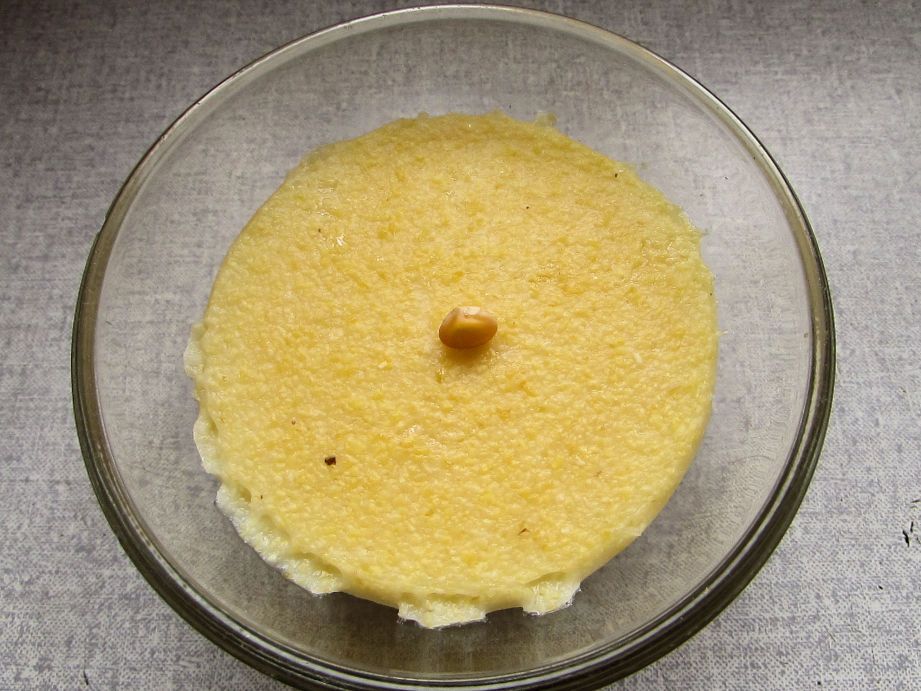Polenta
Three centuries ago, polenta, one of the frequently used primary foods in our culture, didn't exist. Strange, huh? Well, peasants started growing it already in 1689 in the southern parts of the Habsburg’s monarchy, but the mass production started with the King Karel VI decree. Obviously kings and queens fancied novel fruits, vegetables, and grains brought from the New World by Columbus and his followers. Or, maybe they just wanted to improve the food supply in their kingdom. However, one day, maybe after visiting some other king, in 1713, Karel VI decreed that the already impoverished peasants, starving from droughts, early frost, plague, cholera, rebellions and wars, had to start planting corn. Brilliant idea! The only problem was that the King Karel VI obviously didn't have a clue about agriculture and couldn’t make the proper climate by himself, either. Corn seeds were brought from Mexico. So, in Spain, the sown corn seeds might have yielded some corn. But here, in the less warm continental part of Europe, it took about 200 years of selection process to produce enough ripe corn seeds for mass production. Apparently, the King Karel VI didn't eat locally produced corn in his time, even though everything else might have been locally produced organic food back then. But after the selection method successfully yielded enough corn, it became one of the most frequently used grains among the population.
So, polenta – corn meal cooked in water with some salt – is one of the staple foods, used among the population. Why? Corn yields lots of grain and it is easy to harvest, and polenta is a simple and non-expensive food that can be served with sauces or meat or even dairy products, and is cooked quickly. Lucky we, who don’t need to wait another century to get polenta on our plates.
It is also very alkaline food, which doesn’t acidify your body under the condition that it is not GMO corn and that the water isn’t polluted. And, combined with beans it produces a plant protein.
So, again, here’s the recipe:
1 cup of corn meal
3 cups of water
1 pinch of salt
1 teaspoon of oil (optional)
Stir and cook until soft.

Today I learned that corn is alkaline and that some corn was selectively breed in Europe. I was under the USA-centric assumption that humans found corn in Mexico and was brought north then natives gave it to the pilgrims and thats how we got our corn for the 4th of July.😃😅😂
I had never really thought about seeds going from the "New World" back to Europe to be domesticated for mass production.
I actually don't know how corn was spread on the American continent, but the decription is found in one of the oldest history book from written by a member of the elite. The same was actually done to potato and the peasants didn't want to grow it and eat it because they didn't know how. At first they ate the upper parts of the plant, at least they say so. To me it looks like this is somehow done with practically everything, even nowadays.
Finding Non-GMO corn in the US is incredibly hard. I see you don’t have a Steemit Profile Picture I made a post to make it simple to do just scroll down to 5 on this post Here
Also here is a contest I have going on https://steemit.com/contest/@isteemithard/new-steemit-contest-best-steemit-post-this-week-week-1
Thanks, I was asking myself for quite a time where to upload the pic to and then post on Steemit. I actually don't want to leave it there, if possible. So, Postimage.org might be the answer.
I have only eaten polenta once in my life, and I didn't know that it qualified as medicine. That's a great factoid!
You don't need to believe it. Anyway, food should be you medicine is the credo we don't live by anymore.